Zara Tindall on riding, falling off, and why High Kingdom is 'such a dude'
Zara Tindall is one of three riders to have held both world and European eventing titles simultaneously. She speaks to Kate Green ahead of the Burghley Horse Trials.

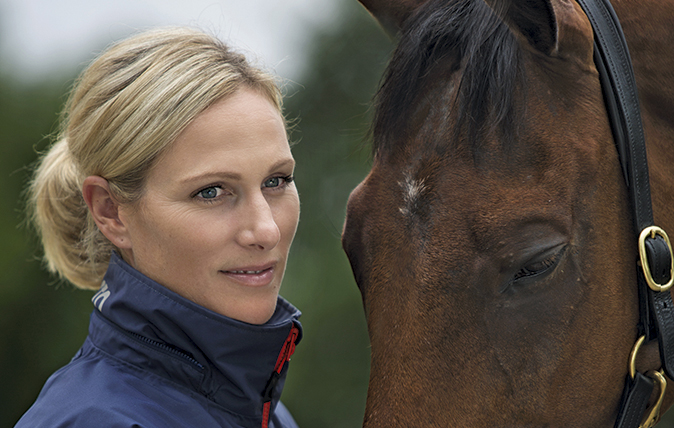
A charming black-and-white photograph from eventing’s archives, taken in 1983 in the stable yard at Badminton, shows a dungaree-clad toddler, apparently unsupervised, standing placidly next to a chestnut horse, her blonde mop parallel to its knee.
The sport has modernised, but nothing of the homespun spirit of camaraderie has been lost; at Burghley this weekend, Zara Tindall’s own small daughter, Mia, will clamber around a lorry in a field, amid buckets and black labradors, just as Zara did three decades ago when her parents, The Princess Royal and Capt Mark Phillips, were famous competitors.
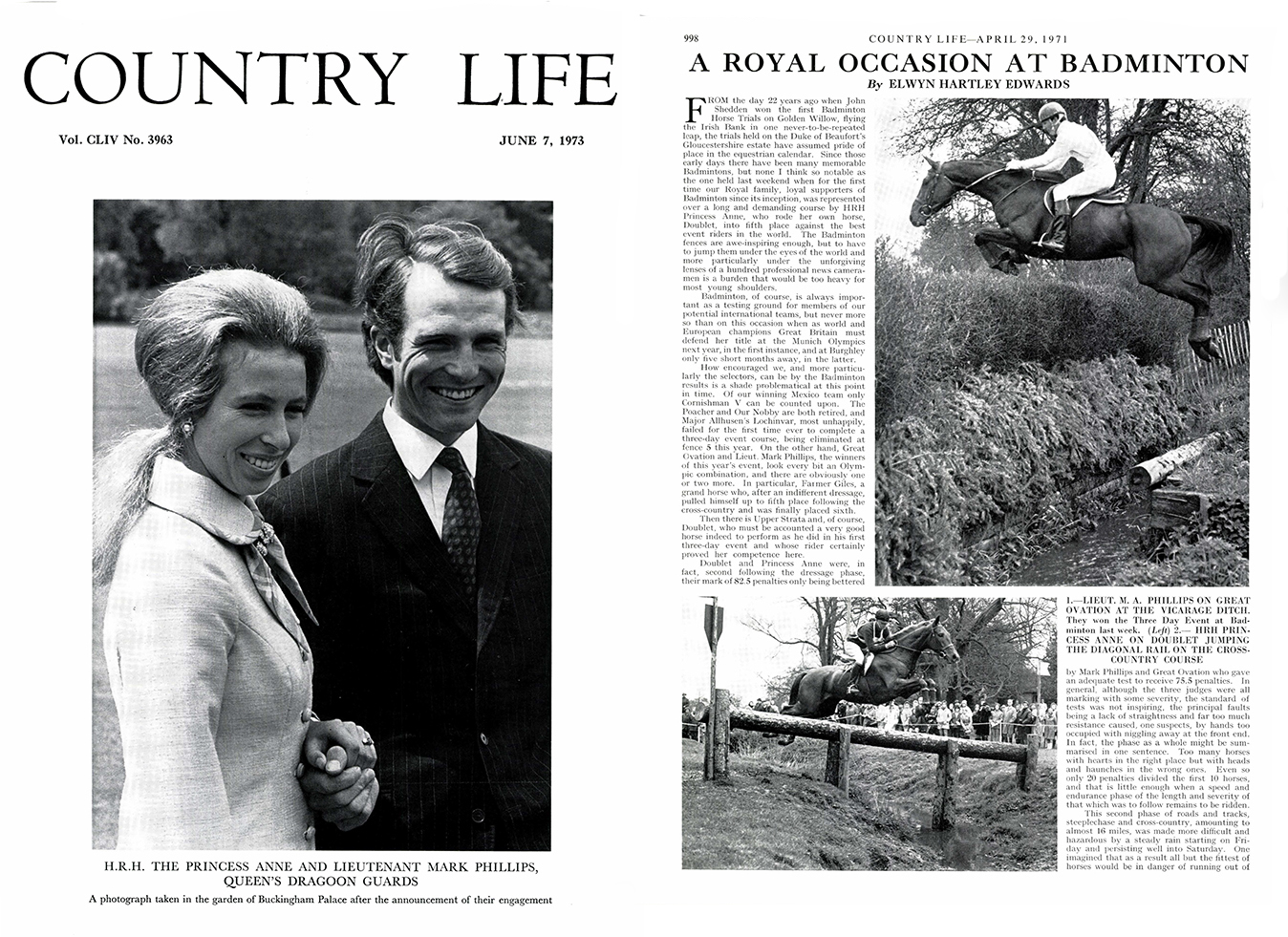
‘The things I remember are trips in the horsebox, to places such as Chatsworth and Thirlestane Castle, watching Papa showjumping on the last day [of a three-day event] and then him coming home and letting the horses straight off the lorry ramp for a roll, which would drive Debbie, his groom, mad,’ Zara recalls.
‘[My brother] Peter and I spent a lot of time in the countryside with horses, going up to the stables after school - and probably being shouted at - but I don’t think I looked at my parents and thought “that’s what I’ll do when I grow up”. When I left school, I wanted to see if I was any good before making any major decisions.’
She studied physiotherapy, but it was quickly apparent that she’d inherited the natural talent of her father, one of the most versatile horsemen of his day, and the courage and calmness under pressure of her mother.
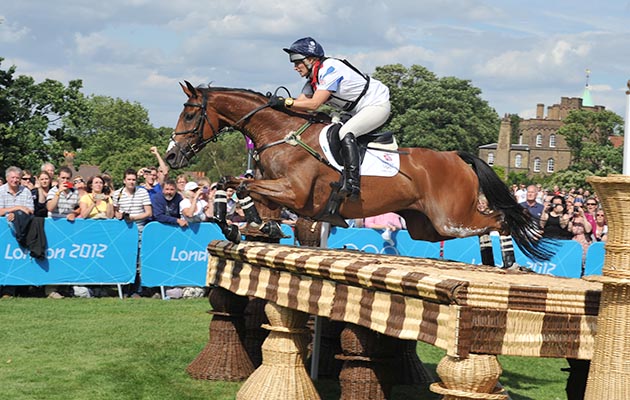
On Zara’s Burghley debut, in 2003 at the age of 22, she finished second behind the far more experienced Pippa Funnell, who was completing a famous hat-trick of four-star victories. ‘Good job I didn’t win - everyone would have hated me,’ she laughs.
Two years later, she and her white-faced chestnut, Toytown, galloped through blinding rain at Blenheim Palace to win the European eventing title; in 2006, she became only the third rider in history to hold world and European titles simultaneously and was voted BBC Sports Personality of the Year.
Exquisite houses, the beauty of Nature, and how to get the most from your life, straight to your inbox.
‘He shot me forward out of the saddle and I was like “Whaay!”. But he’s such a dude. He’s put together like a weird little pony, but he’s a proper worker.’
In 2012, riding High Kingdom (stable name ‘Trev’ - he belongs to serious racehorse owner Trevor Hemmings), Zara was part of Britain’s silver-medal team at the London Olympic Games. A journalist asked if it was ‘weird’ to be watched by the Royal Family. ‘Not really - I think, at an Olympics, most athletes have their families watching,’ came the bemused reply.
In 2014, seven months after giving birth to Mia, Zara was pathfinder for the British team (they won silver) at the World Equestrian Games in Normandy, France, where the cross-country was a dispiriting black quagmire. She even smiled as High Kingdom nearly fired her into the mud by over-jumping at a double of brush fences.
‘It looked worse than it felt,’ she says. ‘He shot me forward out of the saddle and I was like “Whaay!”. But he’s such a dude. He’s put together like a weird little pony, but he’s a proper worker.’
The Duke of Edinburgh famously commented that ‘horses are great levellers’ and, in his grand-daughter’s case, the inevitable mistakes and low moments that affect any competitor - an undignified comedy fall, the deep sadness of a lame horse, the inelegant eating of an ice cream - are gleefully photographed. ‘It goes with the job,’ she’s said. Miss Funnell, now a good friend, wrote in her autobiography: ‘Zara fits in so well and puts up with all sorts of nuisances with such grace and humour.’
She’s undoubtedly a big-time competitor for whom pressure brings out the best and whose star quality lifts the team. In between, her results tend to be low key - her third place at Kentucky in April was her best at that level since 2013.
‘It’s not easy to stay at the top and there’s something about it that’s very real, I think, because of the things that can go wrong. It’s a rollercoaster.’
She’s always been, she says, interested in what sport psychology can do, but her confidence comes from her horse.
‘I’m lucky that, whenever I’ve been in a team situation, I’ve had 100% belief in the horse I’ve been sat on,' she says. 'We’re a complete partnership and that’s the time you need to rely on that.
‘I like those occasions. If I’m riding as an individual, people will say “you didn’t go very fast today”. I’m a bad person to go schooling because I can’t drum up adrenaline and I end up riding badly because I’m not “on it”.’
Zara agrees that the sport’s high-risk nature creates the ambience in which everyone helps each other and friendships last a lifetime. Her world-championship triumph was bitter-sweet because, the week before, her friend Sherelle Duke had been killed in a fall. She’s patron of a spinal-research charity in New Zealand founded by former rider Cat McLeod, who’s paralysed.
‘Everyone has such massive highs and lows that there’s a mutual respect running through the whole sport,’ she says. ‘It’s not easy to stay at the top and there’s something about it that’s very real, I think, because of the things that can go wrong. It’s a rollercoaster.’
Any conversation with a journalist will, inevitably, be of cautious tone, yet Zara is kindly, empathetic and irreverent; her beam is genuine and she looks happy and toned for Burghley. Her eight horses live at a farm adjacent to her mother’s Gatcombe Park estate; old stone buildings and modern equestrian facilities jumble around a Cotswold farmhouse, dogs roam everywhere. It feels normal.
‘A string of horses this size is ideal, because it means I can ride and look after Mia,’ she explains. ‘Life for me is about being able to balance everything; I’m not a person who’s good at spreading themselves and I do have quite a lot of things to juggle.’
Rugby, through which she met her husband, former England captain Mike Tindall, and racing are a big part of family life. ‘I wouldn’t train racehorses [in future], but I do like starting off youngsters,’ she reveals. ‘The pre-training is probably the most important part, making a horse physically strong enough to cope with its job and that’s what interests me. I don’t know what will happen with the Royal Studs, but you never know.’
This centuries-old, mutually beneficial relationship between the Royal Family and the horse world looks set to endure for generations to come.
Zara Tindall is supported by Land Rover. She plans to compete High Kingdom at the Land Rover Burghley Horse Trials.
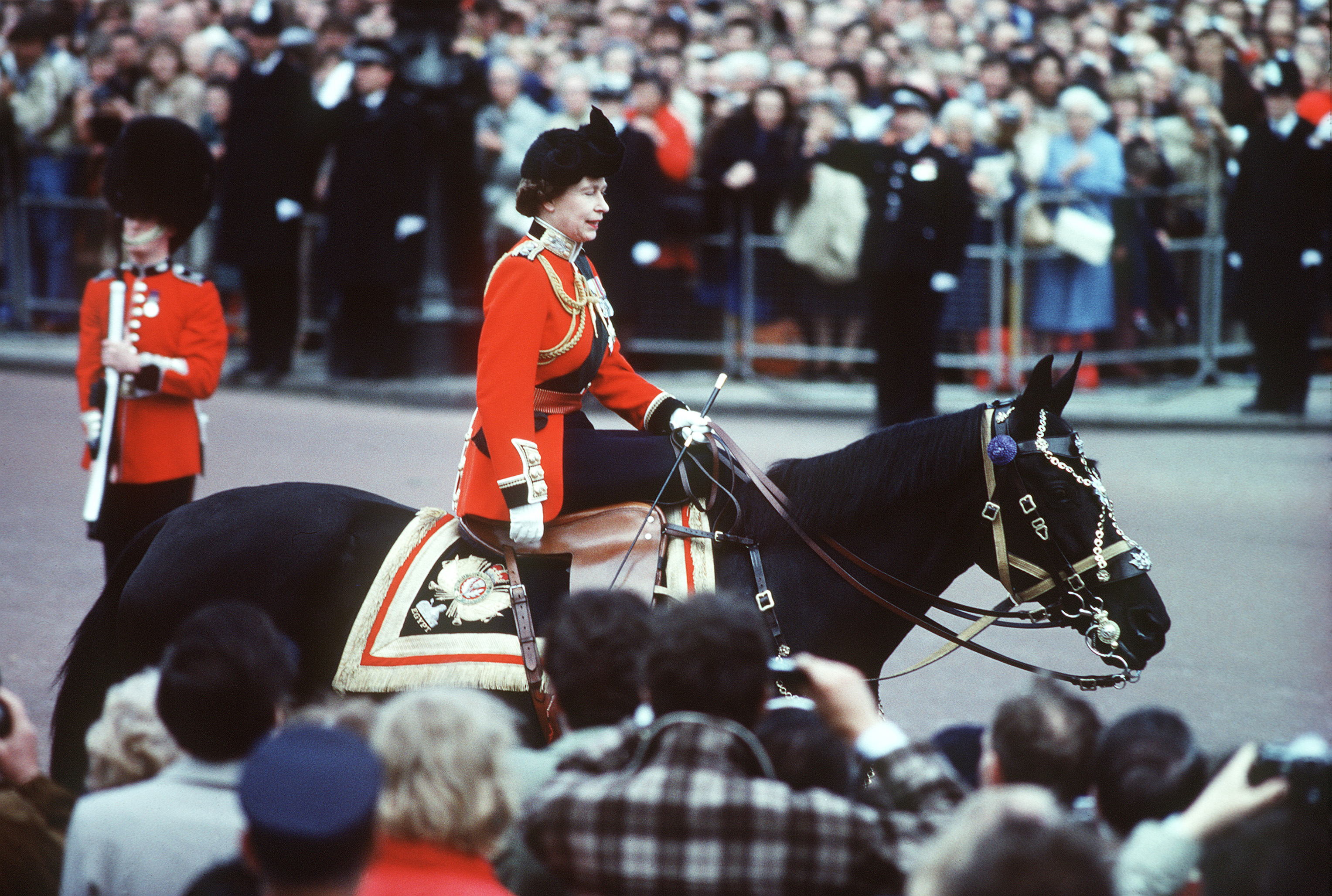
50 greatest horses of all time
In praise of brilliant horses.
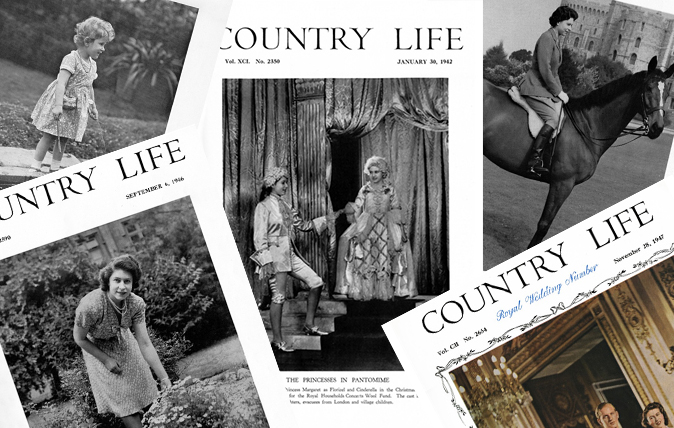
The Queen's best appearances on the Country Life frontispiece page
We look back in the Country Life archive to see some of the best frontispiece pictures featuring Queen Elizabeth II.
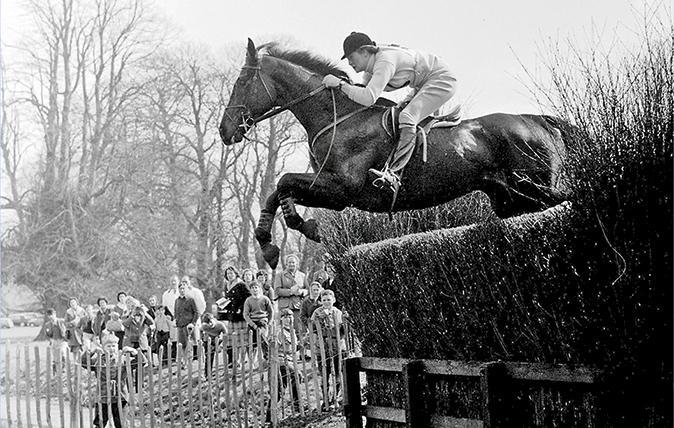
My Badminton Moment: memories of the world’s most famous horse trials
Kate Green asks figures connected with this weekend’s event for their enduring memories.
Kate is the author of 10 books and has worked as an equestrian reporter at four Olympic Games. She has returned to the area of her birth, west Somerset, to be near her favourite place, Exmoor. She lives with her Jack Russell terrier Checkers.

